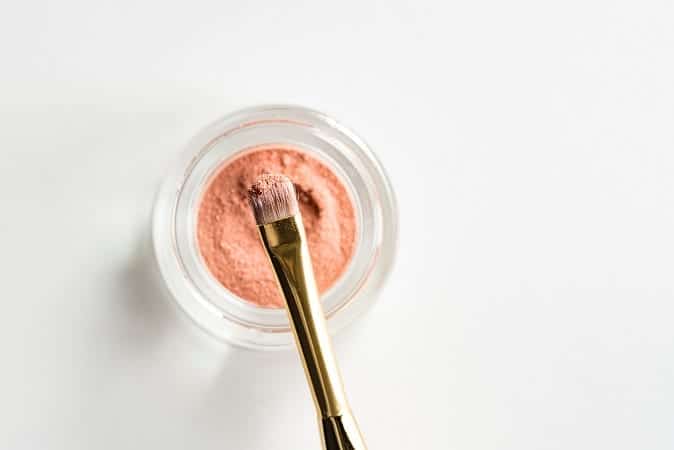For many years, those struggling with addiction have faced a battle on two fronts. They have had to fight against their addiction on one side and, very often, against the stigma and ostracism associated with addiction in the United States. “I cringe every time I hear stereotypical words that label people with substance use disorders. Words like pothead, junkie, stoner, lush, or even addict hurt my heart.” ~ Jim Hood, CEO of Facing Addiction Thankfully, in recent years the stigma of addiction has been slowly decreasing. But a recent product line at Sephora shows that not everyone is sensitive to the reality of addiction as a disease. Earlier this year, Sephora began selling an eyeshadow with a controversial shade of color – ‘druggie’. The particular shade of eyeshadow is part of an eyeshadow palette called “Afterdark”. The implications of such a name are pretty clear, and thankfully the company discontinued the makeup after facing public backlash.
Sephora and the Drug Epidemic – What’s the Big Deal?
The shade is part of the Afterdark palette, which includes other stylized colors like “Fringe,” “Scene,” and “Sinful”. So what’s the big deal about a kind of eyeshadow named for those who struggle drug abuse and addiction? Insisting that naming a makeup shade ‘druggie’ is not being oversensitive. It is about realizing that the implications of such a lighthearted approach to such a heavy word can be damaging. There are several issues with so-called ‘druggie’ eyeshadow product marketed by Sephora:
- It ignores just how serious of an issue the drug epidemic is in the United States.
- It is insensitive to those currently struggling with addiction and who may have been called ‘druggies’ in a derogatory way.
- It ignores the pain of the thousands of families who have lost a loved one to drug overdose.
- It glamorizes drug use by associating a particular ‘Afterdark’ color with illicit drug use.
One person took an important step in addressing how words matter in this Sephora product line. According to the Change.org petition put up by Maurah Ruiz, the issue comes down to recognizing people over product. “Using the term ‘druggie’ in your eyeshadow palette is not only making light of 76,522 deaths; it is also incredibly heartless to the families of those who lost a loved one. Having personally seen the pain and desperation that drug addicts and their families experience I will not be supporting this palette.” ~ Maurah Ruiz, author of the Change.org petition
Sephora Responds to Their Role in the Insensitive Product Line
In response to the Change.org petition, Sephora essentially decided to discontinue the offensive product line. If how they chose to address the offense in many people was appropriate is another question altogether. Responding directly to the Change.org petition, Sephora sent out a tweet in short order: “We deeply apologize to anyone who was offended by the name of this shade.” A PR representative later added, “the shade was in a limited-edition palette and was not planned to be re-ordered.” The Change.org petition was subsequently updated as haven lead to a “Victory” – stating that Sephora has decided to not reorder Urban Decay’s Afterdark palette. Nevertheless, even the fact that the color was released with such a controversial name highlights an important lesson: words matter.
Words Matter: Fighting Against Stigma and Misconceptions in Drug Addiction
More than anything, both the ‘druggie’ eyeshadow and the public response show that words matter. Words matter especially as we continue to fight against the stigma of drug addiction and misconceptions about drug abuse. When the experience of those struggling with addiction and the experience of their families is not considered, the result is very rarely a positive one. “Words matter. They especially matter now, when our country is in the midst of an addiction crisis that claims 350 people each day and impacts one in every three households.” ~ Jim Hood, CEO of Facing Addiction It is no secret that thousands of people struggling with addiction also struggle to get the professional drug rehab help that they need for recovery. The stigma of addiction is just part of this barrier to treatment, but it is an important element to consider. Getting help for addiction requires overcoming the stigma of drug abuse and recognizing the need for treatment. With that in mind, there is little question that this Sephora product line was detrimental to tearing down these barriers to addiction treatment. Better drug and addiction information can mean avoiding situations like this Sephora product line in the future.

